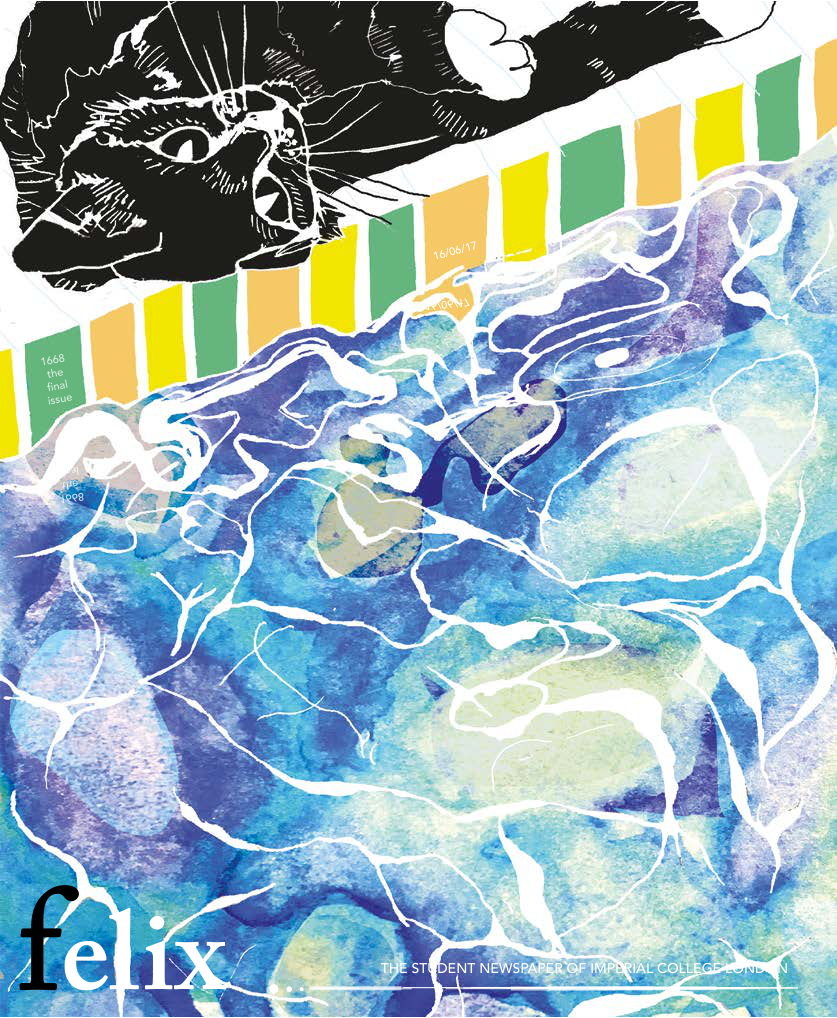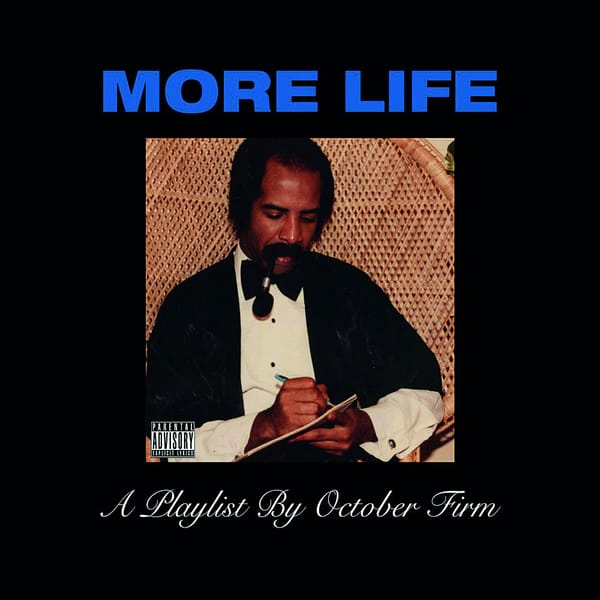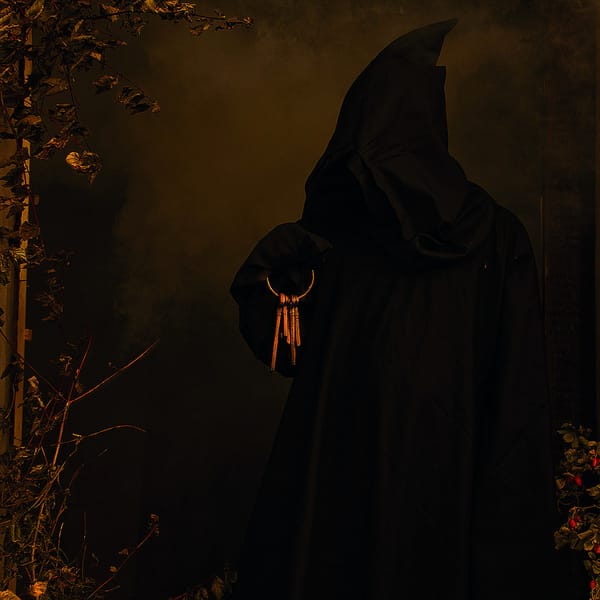Swet Shop Boys | Rap heroes for our time
Political, witty and earnest, Riz MC and Heems are the transatlantic duo lending disenfranchised South-Asian kids a voice

On the first of June, midway through his set, Riz Ahmed signalled for the sold-out crowd at Scala to quieten down. Leaning in close, unaccompanied by music, he rapped his 2011 single Sour Times; “Please allow me to vouch for mine…/ losing my religion to tomorrow’s headlines”. It had been exactly a week since the horrific scenes at the Manchester Arena, and a few scant days before more horrific scenes would play out barely two miles from the King’s Cross venue at London Bridge. “Ain’t religious faith that’s causing these crimes/It’s losing faith in democratic free market designs” he continued: “there's a monopoly on pens that's why they forge their own swords…They're misguided, turned violent, strapped themselves up with bombs/But they're still cowards, 'cause they ain’t here when the backlash is on”. Many artists understandably felt the need to say something after these attacks, coming from Ahmed it feels particularly poignant, he along with the rapper Heems, the other half of Swet Shop Boys, has made a career of creating politically conscious music that doesn’t shy away from tackling issues of religion and race.
Riz Ahmed (a.k.a. Ric MC) of Rogue One fame, is a Muslim British Pakistani, Heems (previously of Das Racist) is American Indian, and Hindu. In Swet Shop Boys, the two complement each other as they trade bars over the tabla and shehnai heavy classical Indian inspired beats produced by Redinho. Heems, who at times seems so mellow that he appears moments from a weed-induced nap, is smoothly charismatic. He archly delivers his lines “I’m so fly, bitch/but I’m on a no-fly list” which mask their bite with humour. Riz by contrast, is lightning fast. Spitting bars that draw inspiration from the grime scene of his London youth, he brings a self-aware academic tone, going as far as to invoke Virgil and Homer as a defence in a case for welcoming refugees “Well you know about Aeneas in the Iliad/Fled Turkey and he just founded Rome/What if he had drowned in a boat?”.
First in their self-titled EP released in 2014, then in last year’s Cashmere, and now again, in Sufi La, released in February this year, the duo has consistently produced work that dissects the experience of belonging to the South-Asian diaspora. Their tracks cover swathes of ground, speaking lucidly on themes as heavy as institutional racism, skin bleaching, and the pressure to choose technical careers and goofing off in up-beat bangers that name-check everything from the Maruti cars ubiquitous on Delhi roads, to the Bollywood actress Madhuri Dixit, the moreish mango drink Frooti.
Generations of kids growing up not sure of their place in the world have found a voice that speaks to and for them in rap and grime. The music that Swet Shop Boys produce is an earnest, and sometimes tender call to the disaffected youth of the communities they represent.
Cashmere was in many ways was the perfect Swet Shop Boys manifesto, track after track hit the mark, from calling out airport authorities and their racially driven ‘random searches’ – “Always get a random check when I rock the stubble” in the opening T5, to the outrageously good Half Moghul, Half Mowgli, the Riz MC led track in which Ahmed tries to square the bravado necessary in the rap game with his South-Asian heritage “These kids want to be moguls/But they're eyes fame, paper and hoes/But I'm descend from Mughals/So I'm just trying to find my way home”, to praise of the multi-ethnic NHS in Din-e-Ilahi. In Sufi-La they seem to have, if not quite lost their bite, certainly shifted their focus.
Though some lines echo Cashmere’s incisive commentary “Tours sold out but I ain't got a visa/I was so sweet at the embassy, but I shouldn't have worn a keffiyeh” sings Riz in Need Moor, later hitting out at Trump’s America “More of a star, earned more stripes/But the stars and stripes have got less tolerance”, on the whole, the rest of the album, reverts to the rap stable of discussing women and money.
That doesn’t mean the album is a dud, the beats are as gorgeous as ever, Anthem and Thas My Girl are both compulsively listenable, but it’s easy to imagine the whole new EP as the tracks that didn’t quite make the grade for Cashmere; the lines ramble, the focus is off, tracks such as Birding bring their A+ punnage (like plumage, geddit?, never mind)- “she don't like you, she says you was a peasant/She said I'm classy like a ring-necked pheasant” but do little else. In fact, the whole album feels like the extended Tiger Hologram cut, the track which in Cashmere broke up the politics with a bizarre riff on the perils of being short sighted: “Nah yeah I wear contact lenses/Nah yeah daily disposables/Nah you get used to it it's minor.”
It’s a shame because Swet Shop Boys have shown they can be light-hearted and yet still be powerful, in Cashmere, in a track named after the (erstwhile) One Direction star, Riz addresses boys like his nephew, praying they won’t be radicalised by the “hating and the news and all the shit they sanitize” – “look Zayn Malik's got more than eighty virgins on him/There's more than one direction to get to paradise”.
Generations of kids growing up not sure of their place in the world have found a voice that speaks to and for them in rap and grime. Riz pays tribute the effect that American stars had on his own life in Half Mughal Half Mowgli – “My only heroes were black rappers/So to me 2Pac was a true Paki”. Now Riz and Heems have the opportunity to be mentors themselves and provide hope for the generation that has come after them. It’s a responsibility they appear not to take lightly, for all their righteous anger and irreverence, the music that Swet Shop Boys produce is an earnest, and sometimes tender call to the disaffected youth of the communities they represent. “They comin' for the culture man, like they was on a mission” raps Heems in Din-e-Ilahi, the last track on Cashmere; “Used to hate the clothes, they ask where'd I get the stitchin'/Used to call me curry, now they cook it in the kitchen”, voice cracking and hoarse, the Riz takes over; “ it's difficult when you're raised to hate yourself/And look in the mirror, and dye yourself, and it deflates your health”, he takes deep breath, “you can't escape yourself, please love yourself”.
In this brave new world in which grime MCs are wot (nearly) won the election, Swet Shop Boys have a real opportunity to make an impact, they should wholeheartedly embrace it.







